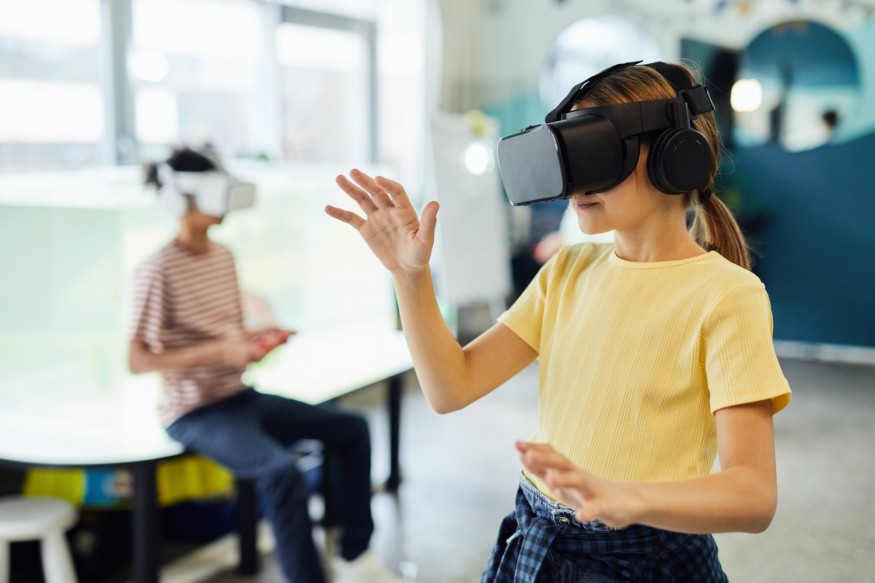At a hospital in the United Kingdom, future doctors are the first to be trained using mixed reality headsets and holographic patients. Wearing the headsets, the students can treat virtual patients using a new technology that can mimic medical situations. Researchers from the Addenbrooke's Hospital, Cambridge, have developed the novel technology.
Future of Learning Medicine: Mixed Reality and Holographic Patients

Stephen Powis, National Health Service director, explains that the novel technology would be a great way to train the next generation of doctors by allowing them to practice their medicinal knowledge in real-time. The first module features a holographic patient with asthma, followed by an anaphylaxis scenario, blocked blood vessels, and pneumonia. Further modules in both neurology and cardiology are in development.
In a media release, Powis explains that the NHS has always been spearheading medical innovations, with the unique development of the Cambridge teams - using life-like holographic patients in training, holding the potential to enhance the learning experience of the next generation of doctors, nurses, and healthcare providers, by creating a novel environment to practice their medical know-how in real-time, while improving access to the training modules worldwide.
ALSO READ : Elon Musk Confirms September Launch of AI Humanoid Optimus That May Have the Ability to Walk, Dead-Lift
Virtual Classrooms: A Novel Medical Training Method
The novel training method would rival conventional learning resources such as mannequins, computer software, and textbooks. Dubbed as HoloScenarios, the new mixed-reality technology is available for licensing to different medical institutions across the globe.
Mixed-reality allows trainees to interact and manipulate both physical and virtual environments. The technology is similar to the fully-immersive virtual reality, which places end users entirely inside digital environments. Dr. Arun Gupta, a consultant anesthetist at the Cambridge University Hospital, says that mixed reality has increasingly become more recognized as a useful simulator training method. As institutions scale procurement, the demand for platforms that offer utility and ease of learning management in mixed reality rapidly expands.
He adds that the team's research is aimed at uncovering how simulations can best support the learning and acceleration of adoption of effective mixed reality training while catering to ongoing development. The team hopes this will help guide institutions in implementing their mixed reality technology into their curricula; at the same time, institutions will be able to evaluate conventional resources.
The novel mixed-reality technology was developed by a team from Addenbrooke's Hospital in partnership with the University of Cambridge and GigXR, a Los Angeles-based tech company.
David King Lassman, the founder of GigXR, explains that the empowering of various instructors with 360-degree preparations for clinical situations represents a milestone for the company that allows them to provide customers with a library of applications offering solutions for students from their courses and education—adding that the company's first HoloScenarios modules represent a new and powerful way to utilize mixed reality for healthcare training, to be followed by several modules and new applications that are set to be delivered soon.
Mixed reality has been earning more and more attention in various fields since it allows users to broaden their knowledge and immerse themselves in their fields in the confines of classrooms and laboratories. Despite the successful first use of said technology, there is still a long way for the technology to be seen in different courses across the globe.
RELATED ARTICLE : Google's Mysterious Sentient AI Dangerous? Narcissist Bot Could Escape to Do Bad Things
Check out more news and information on Tech and Innovation in Science Times.
© 2026 ScienceTimes.com All rights reserved. Do not reproduce without permission. The window to the world of Science Times.









